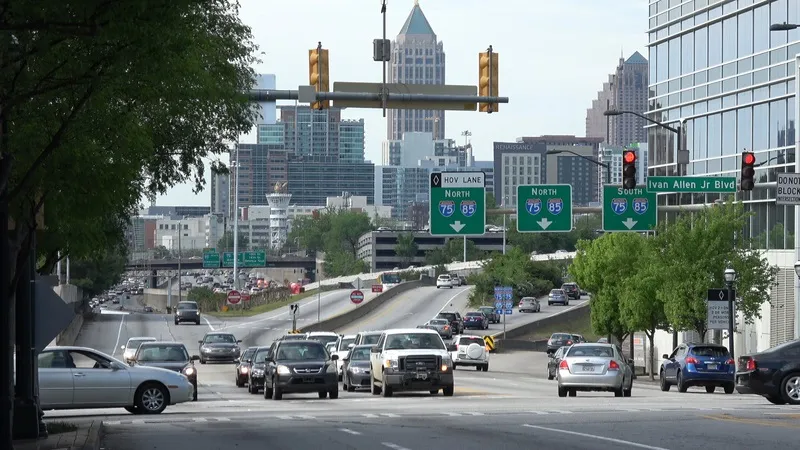PIPS Technology has announced the official launch of the UK Home Office Type Approved SpeedSpike average speed enforcement system.
January 24, 2012
Read time: 1 min

The SpeedSpike system, PIPS's first within the average speed enforcement market, consists of SpikeHD ANPR (Automatic Number Plate Recognition) cameras and a server which is able to compute the average speed of every vehicle at every site and compare it with the enforcement speed.
"SpeedSpike is a completely new product to the market and we are confident that it will revolutionise the way local authorities enforce speed limits," says Paul Negus, managing director of PIPS Technology.










